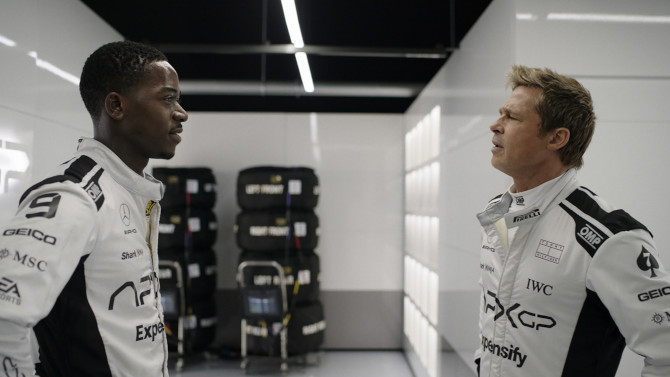
A Pitt Stop
After director John Kosinski got the need for speed while making the big smash hit sequel Top Gun: Maverick back in 2022, he clearly wanted to stay in the fast track, deciding to co-write and direct what has become one of the 2026 Academy Award Best Picture nominees – F1: The Movie (2025). With racer Lewis Hamilton on board as a producer and the film making team getting permission from all of the actual F1 racing teams, they shot at real Grand Prix weekends throughout the 2023 and 2024 seasons, with a faux garage set up between the Mercedes and Ferrari pits... making things look as accurate and impressive as possible. Following longtime driver Sonny Hayes (Brad Pitt – who did most of his own racing), he has become a jack of all trades of sorts – driving everything from F1 and Daytona, to taxi in New York, he is basically a meandering racer-for-hire.
-
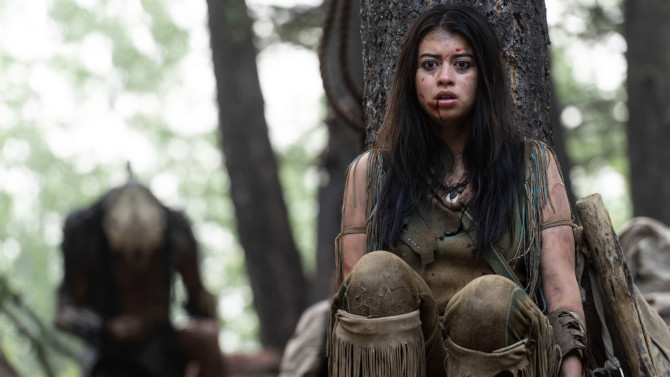
Fall Prey To
PreyOctober 9, 2024A clever reworking of the Predator franchise, 2022's Prey, a prequel co-written and directed by Dan Trachtenberg (10 Cloverfield Lane), is set some 250 years prior to what we thought was the alien species first arrival opposite human beings on Earth. Set in the vast Great Plains in 1719, the story follows Naru (Amber Midthunder), a young Comanche woman who has been trained as a healer, though not so secretly yearns to be a hunter. Overshadowed by her successful bow and arrow wielding brother Taabe (Dakota Beavers), she uses whatever free time she has to continue training at the useful skill. It is worth noting that the familial relationship is nicely crafted, not simply one of brutish sibling rivalry (like we’ve seen in other motion pictures), instead holding within it a nuanced combination of direct competition, hunting mentorship, and much needed cooperation.
-
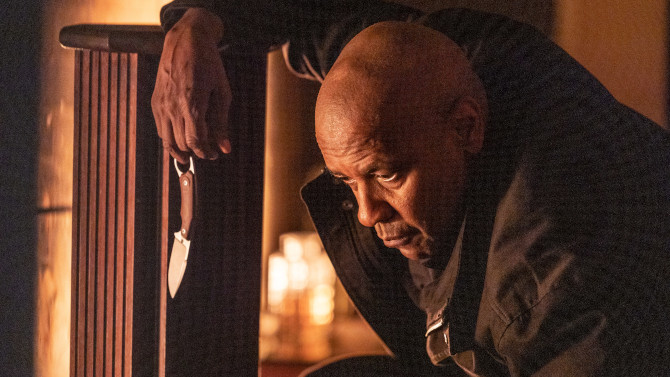
First Among Equals
The Equalizer 3August 22, 2024What looks to be the closing note of Denzel Washington and director Antoine Fuqua’s trilogy (a rare thing for both men, as these are the only sequels they’ve ever done), The Equalizer 3 is a much more contemplative form of an action movie... a character with a violent past that is trying to work through it as he enters the final chapters of his life. Opening with a lengthy single take that shows the destruction that Robert McCall (Denzel Washington) can cause, it is a cinematic gem of a piece set in a baddie’s lair in Sicily... a strikingly stylized moment that leaves our lead wounded in body and soul.
-
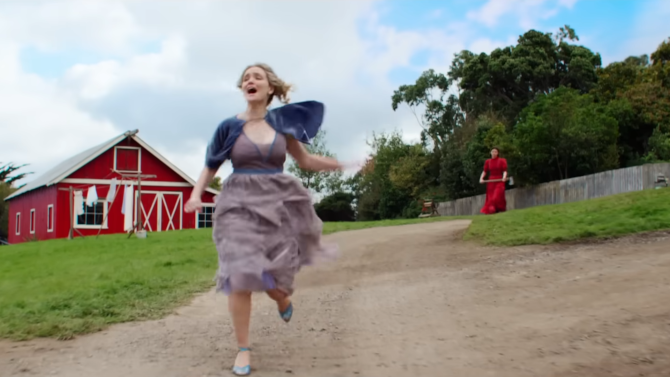
Pearl-Clutch
PearlAugust 12, 2024What do you get when you cross Dorothy Gale with the Wicked Witch of the West? The answer may just come in the 2022 melodramatic horror film Pearl, co-written and directed by Ti West. The approximately six decade prequel to West’s homage to the early years of the slasher subgenre of 1970s horror with X, this rewind throws us into the life of the titular Pearl, originally the slash happy elderly woman who we now see as a young woman.
-

Blind Alley
Nightmare AlleyNovember 28, 2023Guillermo del Toro’s first foray into the realm of film noir, 2021's Nightmare Alley brings all of the Golden Age classic charm of the Studio System along with a classic pulpy story (based off of the novel of the same name by William Lindsay Gresham... as well as the 1947 movie adaptation), which is then fused with his own unique visual style. Following Stanton Carlisle (Bradley Cooper), a drifter, or is it grifter (after all, this is a neo-noir), with a dark past, he aimlessly stumbles upon a traveling carnival... taking a day’s work, he soon after accepts an offer from owner Clem Hoatley (Willem Dafoe) to join the team – seeing it as the perfect way to disappear from his secret history.
-

Key to a Good Mission
Mission: Impossible - Dead Reckoning Part OneJuly 16, 2023After all these years, it is almost hard to believe that the key to success in an intricate Mission: Impossible adventure would literally be... a key. Yes, that is the all important piece that must be gathered in the seventh feature of the long running franchise, Mission: Impossible - Dead Reckoning Part One... with the bookend making its way into theatres in approximately one year. Co-written and helmed once more by Christopher McQuarrie (this is his third straight effort), it is quite clear that he has the formula down to a tee. Deftly fusing high stakes action, sight-seeing adventure, perfect comedic timing, and enough drama to keep even the more serious viewers involved, Ethan Hunt (Tom Cruise) finds himself in a, dare I say it, even more impossible situation than ever before.
-
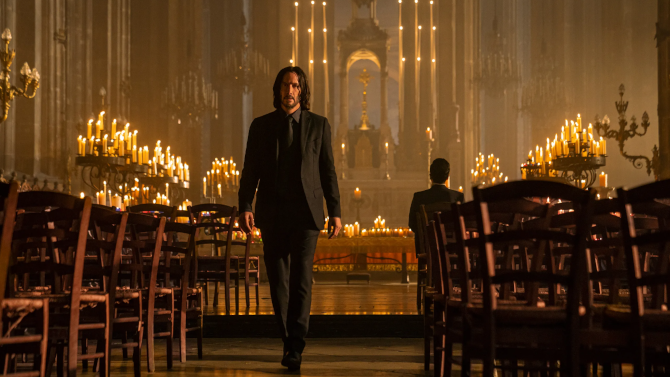
Candle Wick in the Wind
John Wick: Chapter 4April 9, 2023Covering some new and old ground in the longest feature of the franchise (coming in at a whopping two hours and forty-nine minutes), John Wick: Chapter 4, directed by Chad Stahelski (who has helmed each of the four films), starts us off pretty much right after the previous picture. Flipping the script a bit from the last one, Wick (Keanu Reeves), now healed (boy, does he do that quickly – though it’s supposed to be a couple months later), must deal with the claustrophobic landscape that has enveloped him due to his unsatiated revenge-filled drive. Walking the perilous path of dealing with hitmen, as well as friends and enemies (who can often switch allegiances on a dime), the memorable faces of the underground web weaver – the Bowery King (Laurence Fishburne), New York powerhouse – Winston (Ian McShane), his trusty concierge – Charon (Lance Reddick, who sadly passed away on March 17th), and the head of the table – Elder (George Georgiou), will all make appearances again... though perhaps not in the ways we might expect.
